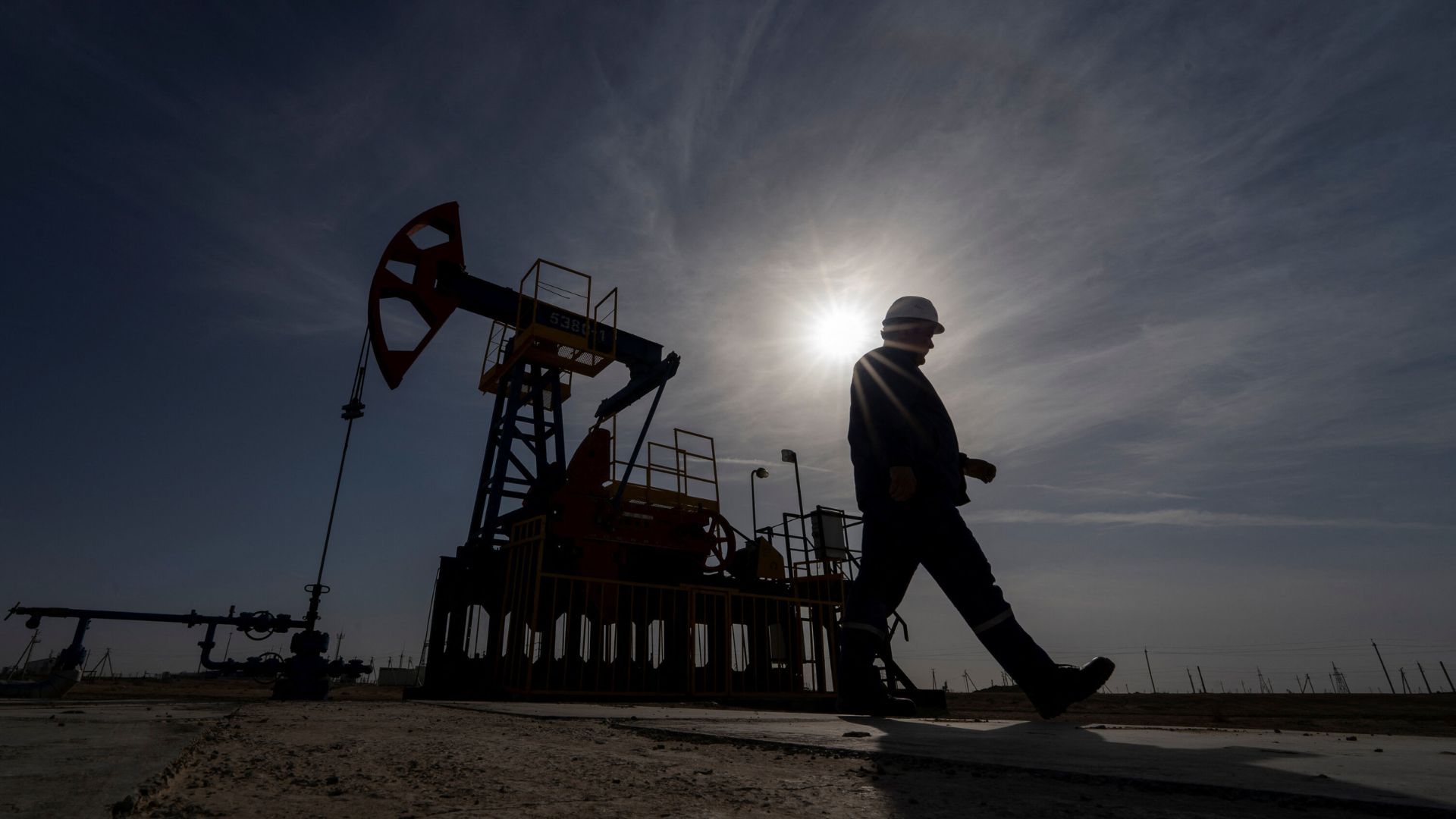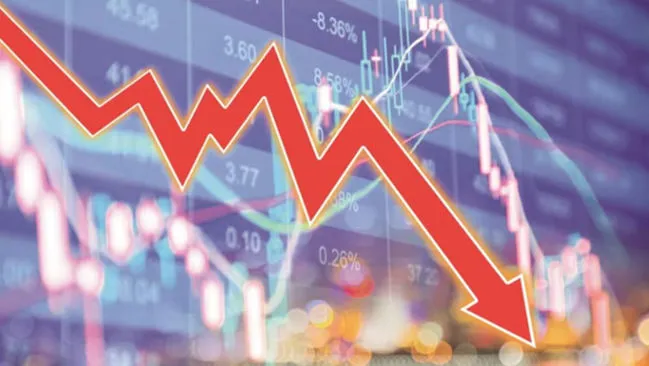As Middle East tensions increased, the price of Brent crude jumped to a six-month high on Friday, breaking the USD 91 per barrel barrier.
The abrupt and notable increase in oil prices has caused ripple effects across the world’s financial markets, rekindling concerns about inflationary pressures and causing serious anxiety among investors, central bankers, and governments.
Since October, the global benchmark, Brent crude, has not seen these levels; this is mostly due to growing geopolitical tensions in the unstable Middle East.
Analysts have been keeping a careful eye on developments, especially in the wake of recent Hamas-Israeli skirmishes that resulted in an Israeli bombing on Tehran’s consulate in Damascus, Syria.
Rising oil prices have far-reaching effects that go beyond geopolitical issues and affect many different areas of the world economy.
The abrupt increase in petrol costs has raised concerns in the United States, where the economy is still recuperating from the effects of the COVID-19 pandemic. With the approaching summer driving season in North America, the recent noticeable 6 percent increase in gasoline prices is concerning.
The increase in energy prices puts further pressure on customers who are already struggling with higher living expenses. The Biden administration is having a difficult time navigating the financial effects of rising oil prices.
The way the White House responds to this issue will have a big impact on politics as the 2024 election approaches, in addition to managing the economy.
Investors are concerned about possible interruptions to the Federal Reserve’s plans for rate increases in response to inflationary pressures, and as a result, the central bank’s position on interest rates is being closely watched.
Global markets are plagued by the threat of inflation, and investors are becoming increasingly concerned about the Federal Reserve’s capacity to sustain economic stability in the face of rising oil prices and unpredictable geopolitical situations.
The financial markets have already been immediately affected by the current spike in oil prices, as crude oil prices have increased sharply and stock prices have declined noticeably.
The S&P 500 is headed for its worst weekly performance since October, which highlights market concerns about the possible negative effects of rising oil prices on the economy.
With market players anticipating the release of the jobs report in a few days, which should shed more light on wage growth patterns and how they could affect inflation, policymakers are under more and more pressure to protect economic stability and reduce inflationary risks against the backdrop of rising oil prices and geopolitical tensions.























